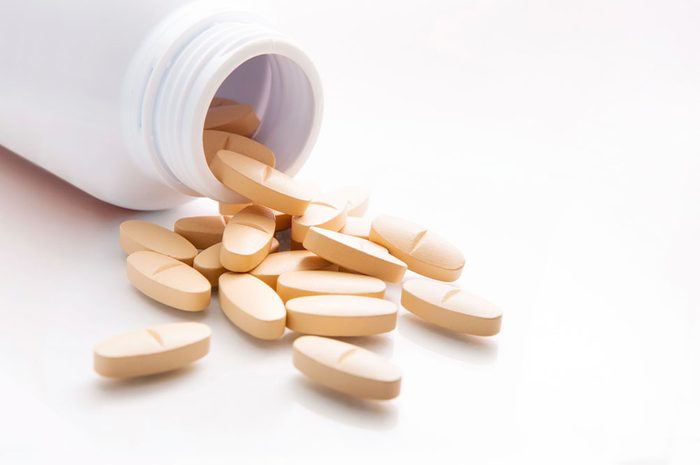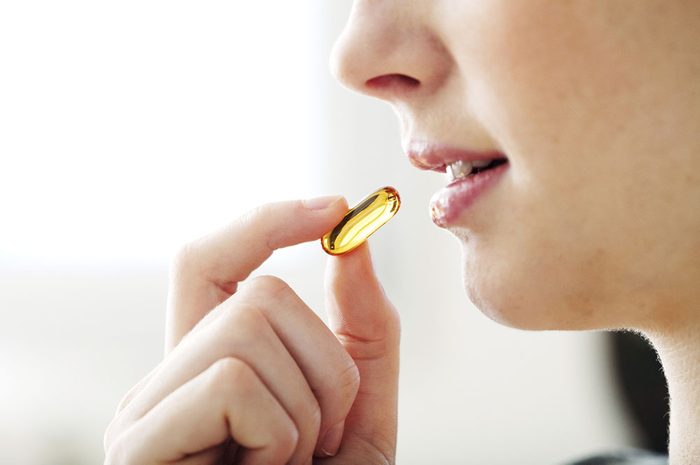3 Vitamins to Take, 3 to Skip
It’s important to remember that vitamin supplements are no miracle worker. A good philosophy is to always make sure to optimize your diet before turning to supplements to help with health concerns or nutrient deficiencies. It’s also worth noting that vitamins found in foods are better absorbed than vitamins found in supplements. Why? Pills often contain fillers, such as magnesium stearate and cellulose, which can impair absorption. Still, there is a place for vitamin supplements.
Below are three vitamin supplements women should take and three women should consider skipping. As always, talk to your doctor or healthcare practitioner before embarking on a new nutrition plan.
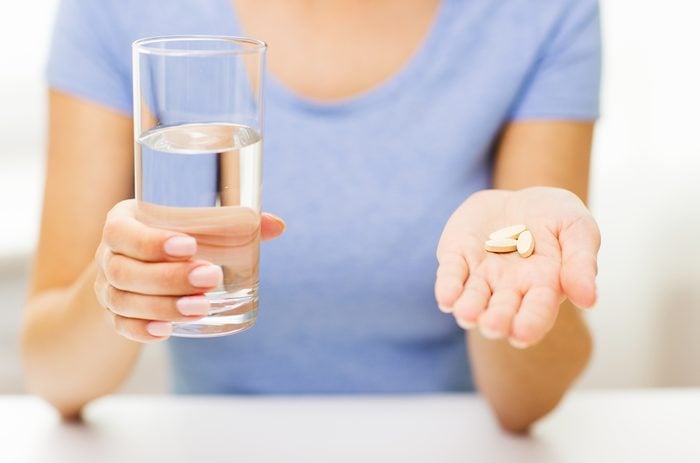
Skip Multivitamins
These capsules contain very small amounts of necessary vitamins and minerals. For most women with health concerns who need specific supplements, a general low-dose multi won’t help.
Take Magnesium Supplements
A woman’s hormones are dependent on this mineral. Magnesium can help make progesterone, estrogen and thyroid hormone, prevent excessive cortisol (the stress hormone) and help control blood sugar.
If you’re deficient in magnesium, your sleep may be one of the first things to be affected, and you may also experience muscle cramping, spasms and anxiety. However, it’s important to note that magnesium can lower blood pressure, so check with your doctor before starting with this supplement.
You need: 200 to 300 milligrams per day
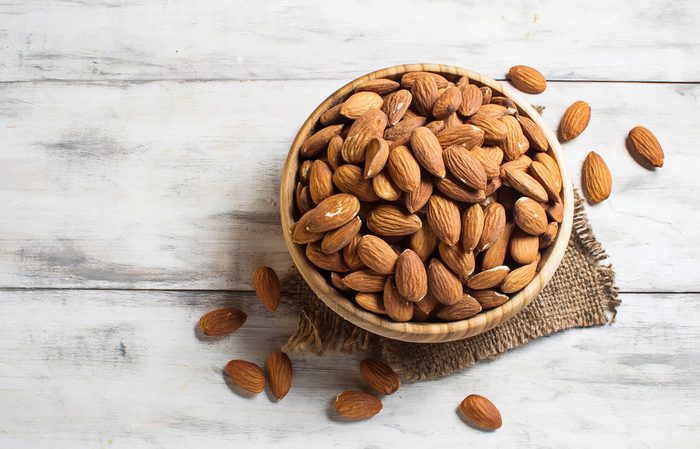
Skip Calcium Supplements
Most people are getting enough calcium through their diet, whether they’re eating dairy or not. Foods like kale, almonds and broccoli and canned salmon with bones are rich in calcium, and adding these to your regular diet can help you meet your needs.
Take Omega 3 Fatty Acid Supplements
Omega 3 fatty acid is a type of polyunsaturated essential fatty acid, which means we need to supplement our diets because our bodies can’t make it. Omega 3s can not only help keep our hearts healthy but also reduce our risk of diabetes, depression, attention deficit hyperactivity disorder, cancer and Alzheimer’s disease. Also, in some women, omega 3s can even help reduce menstrual cramping.
You need: 500 milligrams every day
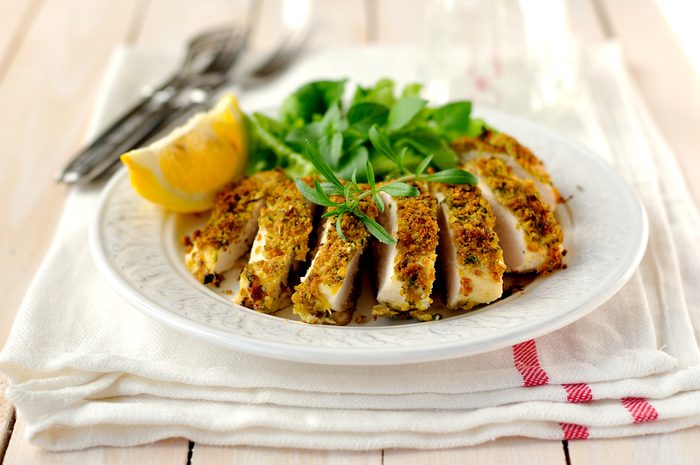
Skip Iron Supplements
In supplement form, iron can be hard on your stomach, so it’s better to look to foods for this essential mineral. Spinach, blackstrap molasses, beans, lean white meats (such as chicken and turkey) and red meats are all good dietary sources of iron.
Take Vitamin D Supplements
Otherwise known as the “sunshine vitamin,” vitamin D helps your body absorb calcium for healthy bones and teeth. It has also been shown to prevent colon, breast, prostate and ovarian cancers, as well as boost the immune system. Preliminary research also shows that vitamin D can help improve mood. Even though there are dietary sources, it’s tough to get enough vitamin D through food alone.
You need: 600 international units (IUs) every day
Related:
